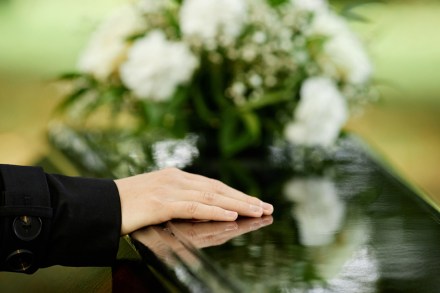Dear Mary: how can I stop embarrassing eulogies being read at my funeral?
Q. I am becoming increasingly irritated at the thought of the eulogies likely to be delivered at my funeral. I just find the whole idea of people intoning from a pulpit on the subject of me deeply embarrassing and intrusive. Yet my family and friends insist that I must not cheat them of the fervent desire they inexplicably have to ‘pay tribute’ to me. I am not yet ill but at my age – 89 – I feel I am running out of time to deal with this problem. What can I do? – A.C., London W8 A. Ask your lawyer to sort this out for you. However it’s important





















